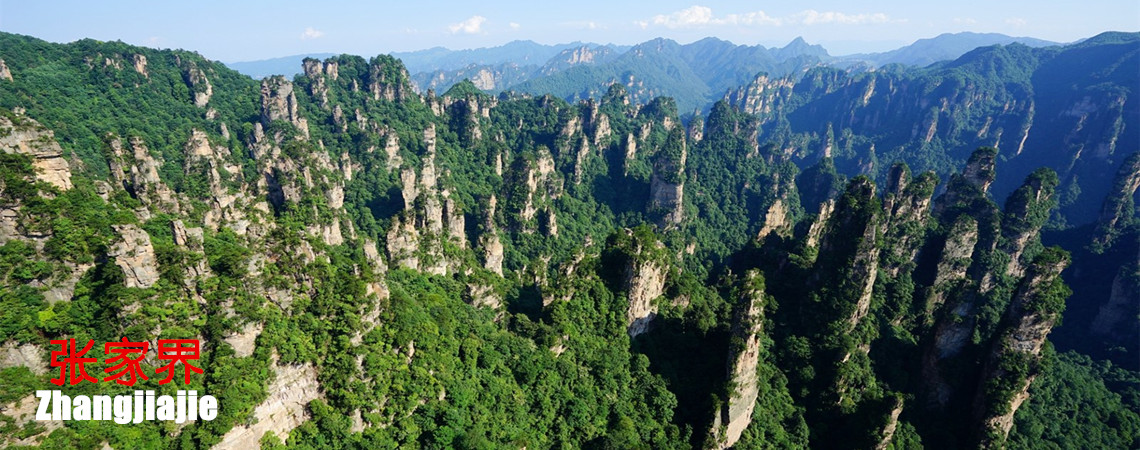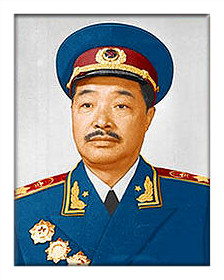Skype: neodalle-travel
Tel: +86 135 7447 2266
E-mail: sales@visitaroundchina.com

He Long is the ten of Marshals of the People's Republic of China. He Long ,贺龙 in Chinese, also originaly named He Yunqing, was born in Hongjiaguan Township,Zhangjiajie City's Sangzhi County  on March 22,1896.He was one of Chinese military leader ,as well as one of the Ten Mashals of China.
on March 22,1896.He was one of Chinese military leader ,as well as one of the Ten Mashals of China.
He Long was form a poor rural family. In 1920s, He began his revolutionary career after avenging the death of his uncle, when he fled to become an outlaw and attracted a small personal army around him. Later his forces joined the Kuomintang (the National Party of China), and he participated in the Northern Expedition.
In August, 1927, He Long rebelled against the Kuomintang after Chiang Kai-shek began violently suppressing Communists, when he planned and led the unsuccessful Nanchang Uprising. After escaping, he organized a soviet Red Army with over 200,000 peoples in rural Hunan, Hubei and Guizhou Provinces.
In November,1935, He joined the Long over a year after forces associated with Mao Zedong and Zhu De were forced to do so. He met with forces led by Zhang Guotao, but he disagreed with Zhang about the strategy of the Red Army and led his forces to join and support Mao.
After settling and establishing a headquarters in Shaanxi, He led guerrilla forces in Northwest China in both the Chinese Civil War and the Second Sino-Japanese War, and was generally successful in expanding areas of Communist control. He commanded a force of 170,000 troops forces by the end of 1945, when his force was placed under the command of Peng Dehuai and He became Peng's second-in-command. He was placed in control of Southwest China in the late 1940s, and spent most of the 1950s in the Southwest administering the region in both civilian and military roles.
He held a number of civilian and military positions after the founding of the People's Republic of China in 1949. In 1955 He's contributions to the victory of the Communist Party in China were recognized when he was named one of the Ten Marshals, and he served as China's vice premier. He did not support Mao Zedong's attempts to purge Peng Dehuai in 1959 and attempted to rehabilitate Peng. After the Cultural Revolution was declared in 1966, He was one of the first leaders of the PLA to be purged. He died in 1969 when a glucose injection provided by his jailers complicated his untreated diabetes.
 Ask Questions ?
Ask Questions ?